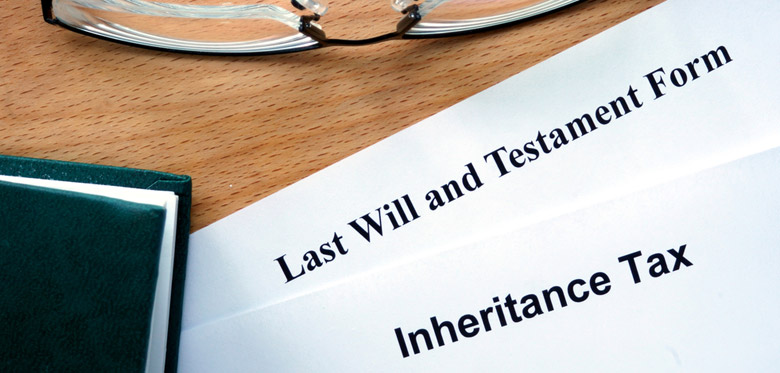In 2018/2019, over 22,000 estates were charged to inheritance tax. HMRC on average conducts 5,500 investigations into estates suggesting a quarter of all inheritance tax accounts submitted are subject to investigation.
It is the executors/personal representatives who are liable for inheritance tax on an estate and therefore their duty to deliver the account to HMRC (Section 216 Inheritance Act 1984). HMRC does not have a statutory procedure for enquiry however, under the Finance Act 2008 they are able to make informal requests for information and issue notices on estates.
HMRC are able to issue proceedings for recovery of inheritance tax if the amount of tax owed is agreed in writing or HMRC has issued a notice of determination if it appears a transfer of value has been made. There is no time limit on HMRC issuing a notice of determination. However, if inheritance tax is accepted by HMRC and a matter arises later then there are time limits upon the recovery of additional tax as follows:
- 20 years after delivery of an inheritance tax account if the loss of tax is deliberate by those settling
- Six years after delivery of an inheritance tax account if the loss is careless but not deliberate
- Four years in other situations.
If no inheritance tax account has been submitted to HMRC then there is no time limit on HMRC seeking to recover inheritance tax payable therefore they could seek recovery decades later.
Under section 237 of the Inheritance Act 1984, an Inland Revenue charge for the amount unpaid can be imposed on any property to the value of which the value transferred is wholly or partly attributable, this also relates to settled property. If the property is sold, the charge will transfer to the sale proceeds. A beneficiary may therefore find themselves with this charge decades later if inheritance tax has not been settled on property when the chargeable transfer or death of a person occurred.
If you have been appointed as an executor or are a personal representative on an estate or if you believe your estate may be subject to inheritance tax when you pass away, please get in contact with our specialist team to ensure that the above situation does not happen to you or family members on 01616 966 229.




Comments